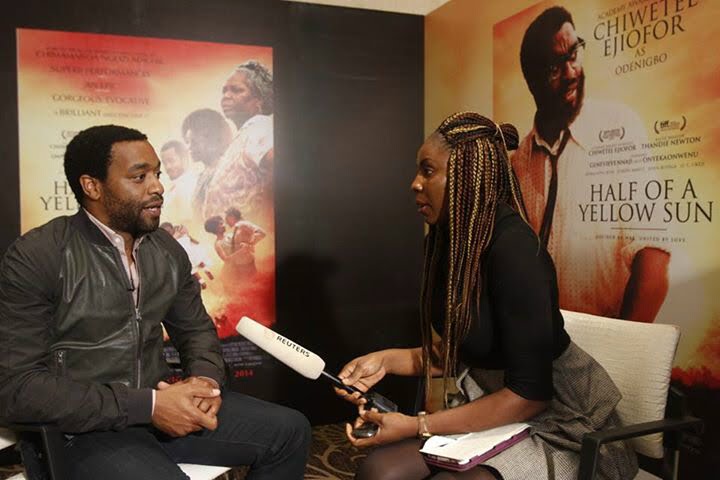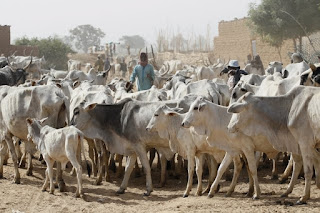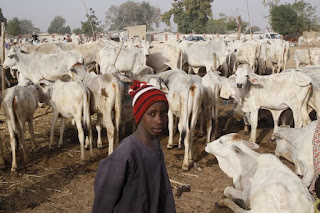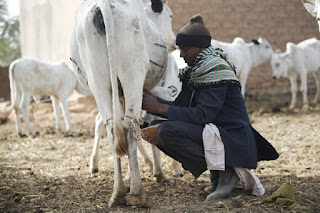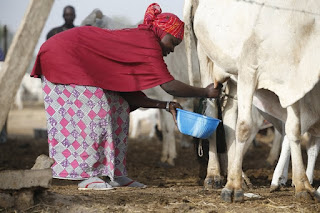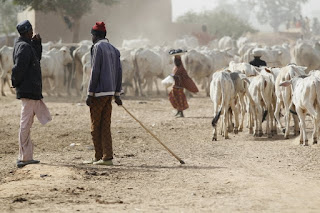Six years ago, an investment of 10 US dollars and a bucket of lemons launched a Nigerian lemonade business that is worth 10 million US dollars today.
Wilson's Juice Company buys truck-loads of locally grown lemons and produces between 2000 and 2500 bottles of lemonade daily.
With the recent fall in the naira following a plummet in oil prices, Nigeria, Africa's biggest crude exporter put in place restriction on imports in a bid to boost local industry. That along with a shortage of dollars, has been good news for homegrown companies like Wilson's which for years have had to compete with vast imports of fruit juices from Europe and South Africa. Nigerian officials and private sector players are renewing a push to promote local industries and save the economy.
Social media campaigns have urged Nigerians to buy products 'made in Naija - a popular slang term for Nigeria, ranging from cornflakes to handbags. One post on naij.com highlighted local shoe designs with the statement - "leave Italian shoes for Italians".
The Nigerian senate recently adopted a motion seeking the amendment of the Procurement Act to compel all government agencies and institutions to give priority to locally made products.
President Muhammadu Buhari Buhari has said a strengthened agriculture sector would create jobs and reduce the reliance on costly food imports.
Companies like Wilson's say they are up to the task and are calling for more support and improvement on things like infrastructure and access to financing. But producers must also work on boosting quality of processed goods.
Pictures courtesy Tara Fagbuyi
